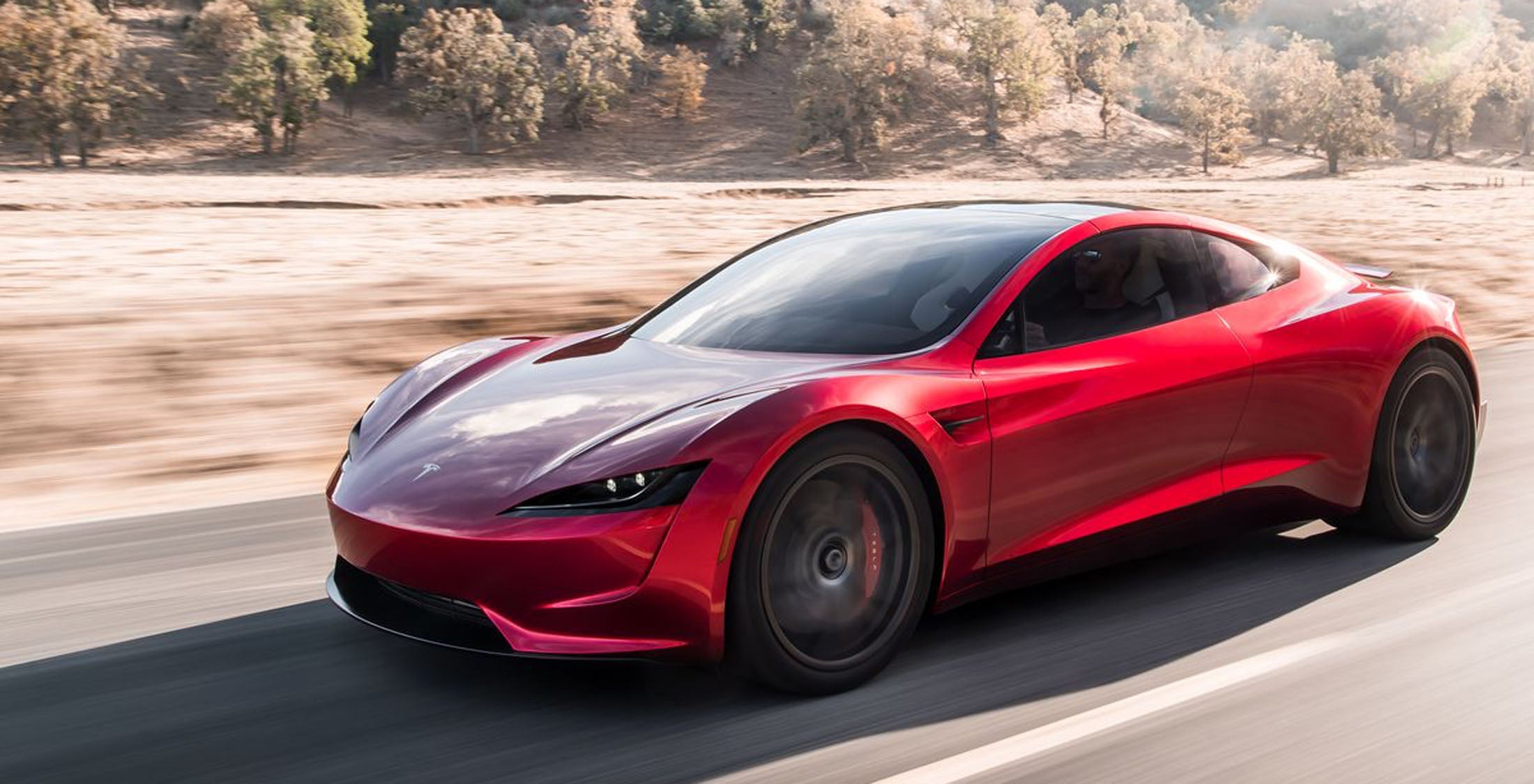Dyson’s planning a range of electric vehicles to rival Tesla

Dyson is planning to launch a total of three electric vehicles, with the second and third tipped to be produced in a higher volume than the first, sometime over the course of the next decade, according to a new report.
Sir James Dyson – the man behind Dyson – has injected around $2.8 billion into the firm’s automotive project, which will utilise solid-state batteries and lightweight materials (likely carbon fibre) to compete with Elon Musk’s coveted Telsa lineup.
Dyson’s first electric vehicle will be available in limited numbers and priced at the higher end of the scale, a source told The Financial Times, before adding that it will not be a sports car and should be on the open market by the end of 2020.

Tesla Roadster | Image: Tesla
Initial reports stated that Dyson’s first car will sport solid-state batteries, but The Financial Times has reason to believe that the firm is scaling back is technical ambitions for its automotive debut, instead opting for standard lithium-ion cells.
Related: Porsche Mission E
Solid-state, which is said to last longer and charge faster than lithium-ion, should debut on the second and third vehicles – though there’s no word on what form they’ll take, so it’s possible a Telsa Roadster competitor is on the cards.
The Financial Times went on to reveal that the second and third vehicles will be built in greater quantities than the first, leading many to believe that they’ll be Dyson’s first mass-market offerings – like the Model S and Model X were for Tesla.
Do you think Dyson has what it takes to rival Telsa? Let us know over on Facebook or Twitter @TrustedReviews.

